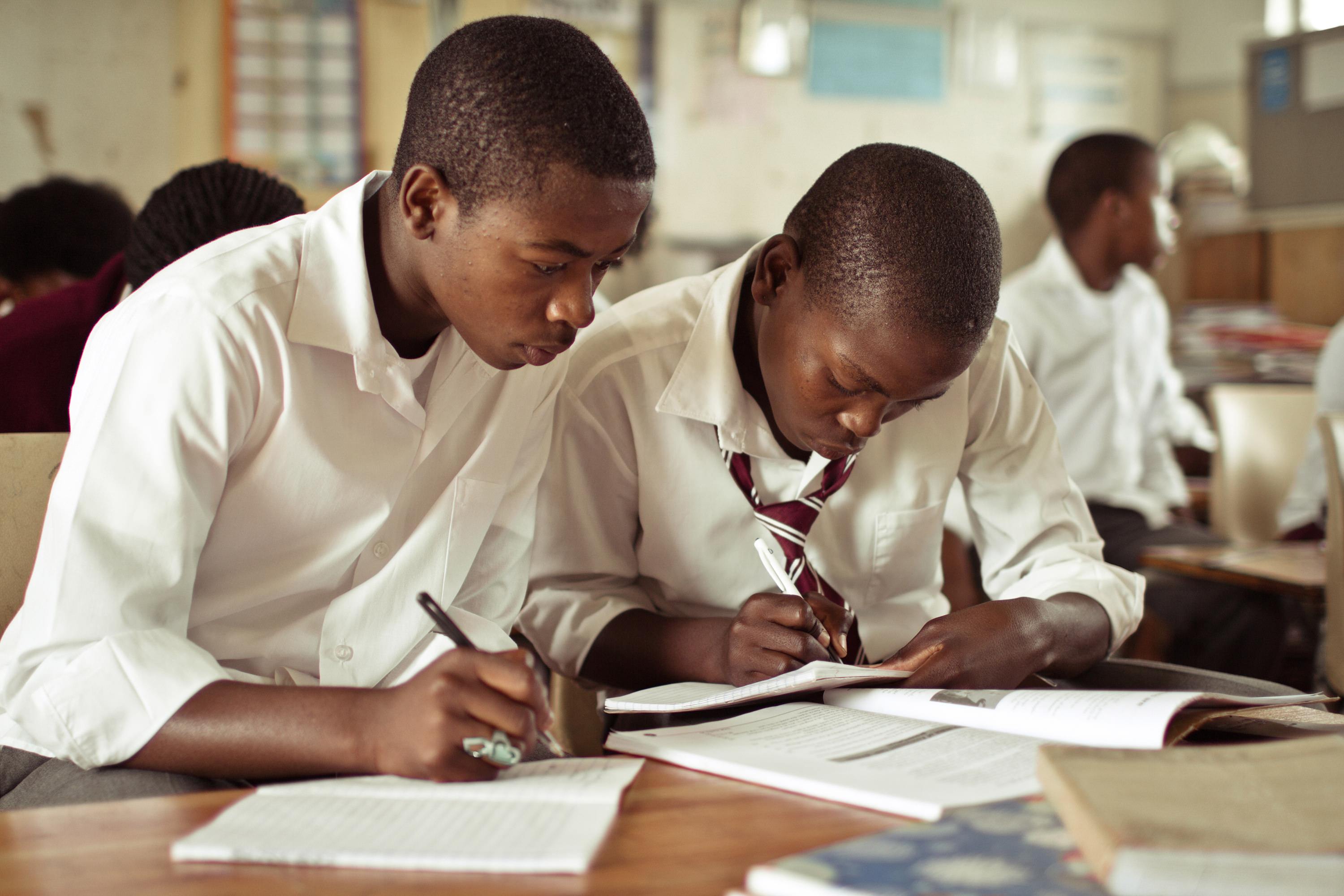This project will analyse long-term longitudinal data from Madagascar and Senegal to examine the dynamics of transitions into workforce of a cohort of young men and women. Our aim is to increase the knowledge of the process of skills accumulation, and their impacts and determinants in low income settings in multiple ways. It will add substantially to the limited scientific evidence from Africa on many key relationships, including:
- the relation of schooling, school quality, and family background to cognitive and non-cognitive skills accumulation;
- the relation of skills to labour market participation, labour supply, wages and earnings, and other early adult outcomes;
- the gender gap in labour market outcomes and the role of policy in closing the gender gap that remains large in much of Africa;
- the impact of, and interaction of education and skills on related outcomes, such as young women’s age at marriage and first childbearing, and how they relate to employment, earnings and time use in general;
- the roles of family background and economic and health events in early childhood, including as measured through test scores at the beginning of schooling, in determining later life success.
Thus, the study will provide new insights both into policy impacts and into the sequencing and interactions of important life events and behaviours, both across the individual’s life course, but also across generations. The project team will be able to do this due to, both, the long term nature of the panel and the detailed event histories, and because of special features of the survey that were designed explicitly to deal with statistical problems of identification and endogeneity, that have long been of concern to researchers in this area.
The team will rely on achievement test score data collected in early childhood, adolescence, and early adulthood, as well as measures of non-cognitive skills among the young adults, to explore the links between education duration and quality, skills and family background, and subsequent labour market outcomes. Additionally, using detailed information on parental backgrounds as well as on economic and health events during childhood. The project team will investigate the extent to which these factors condition young people’s well-being in adulthood, and in particular, the mechanisms through which poverty persists across generations.
